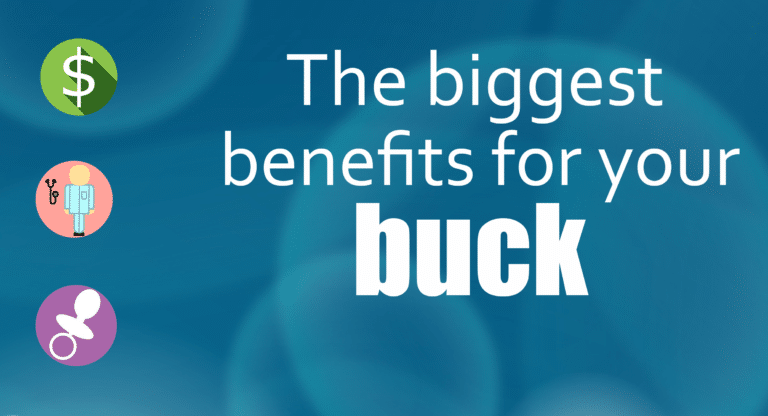It goes without saying that it’s sky-high stress time for employees. A massive wave of uncertainty and angst over health, employment, family and more is flooding the now-virtual workplace. But I’m fairly impressed and encouraged to see a number of employers quickly work to tackle these issues. There are a number of benefit offerings, programs and resources—some essential, some creative—that are vital right now.
But the more time that goes on, I feel fairly confident in identifying the most important benefit trend of the pandemic: empathy.
I recently dove into a big story for HRE about the role of HR leaders during the recent turmoil, and I talked with a handful of CHROs about how they’re handling a triple threat of crises—the pandemic, racial tension and subsequent economic turmoil. There were a lot of similarities in their responses.
Related: How HR is becoming the heart of the organization
“The realization of this lasting until the end of the year or more, it’s creating a lot of things—isolation, loneliness, stresses. And I think helping people through this [is important],” Steve Pemberton, chief human resources officer at software firm Workhuman, told me.
“We talked a lot about flexibility and empathy and working with our leaders on giving them training to try to meet [employees] where they are,” said Jo Deal, CHRO at software company LogMeIn. “And, really, every day, just survive.”
And Kathie Patterson, CHRO of financial services firm Ally Financial, noted: “Our employees are struggling. As a company, we say we like to demonstrate a high degree of care. This is the moment you’ve got to walk the talk.”
 These are not surprising soundbites, given the circumstances, but I think—at least hope—that they go beyond just lip service.
These are not surprising soundbites, given the circumstances, but I think—at least hope—that they go beyond just lip service.
At a time of collective grief, uncertainty and anxiety, there is a new spotlight on how employers treat their employees. It’s not just about salary or nice-to-have perks—it’s getting to a deeper, more meaningful level. How do you help them cope? How do you show them you have their back? What resources can you provide? What flexibility? What recognition? What leeway? At a time when the world and our finances, our health and everything else seems so fragile, we often look to our work life as a constant. Point blank, employees are looking for leadership, guidance and support from their employers.
Benefits that exhibit empathy are crucial and easy to spot—from financial wellness tools, stipends and bonuses to mental health programs, resources and apps to help employees manage stress, sleep better or meditate to focus and relieve stress. There are also new perks being rolled out as a result of the pandemic, like virtual camp programs that aim to help working parents, virtual fitness classes, emergency paid leave programs, hazard pay, mental health days and more. All of it is helpful and encouraging—and further proof that offerings need to be fluid and moldable as situations and pain points shift.
Taking a big picture look—and it sounds quaint to put it so simply—it’s all about employees, about empathy. Perhaps more than a specific program or benefit, overall understanding and compassion are most important. If a parent needs to take some time off or have different work hours that best fit their schedule and needs, it’s OK. Mental health days and resources to help should be encouraged. There should be acknowledgement that distractions and stresses are commonplace. Acceptance that, if employees don’t feel safe coming back to the office and can do their work remotely, that’s OK too. Really, just overall acceptance that employees may not be doing OK, and that’s, well, OK.
There’s no playbook for what we’re going through right now. But I’ve noticed that the employers that have stepped up in their efforts to prioritize all aspects of employee wellbeing—controlling angst, giving them flexibility, helping build resilience, providing an outlet for their stress and telling them that it’s OK not to be OK—is what’s making the difference. Employers may not be able to control what’s happening, but they can sure help.